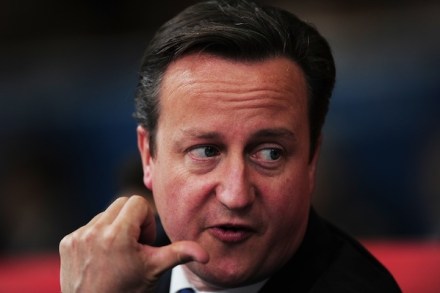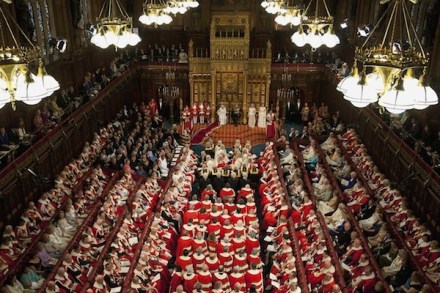Peter Hitchens vs Mehdi Hasan
A fascinating column in yesterday’s Mail on Sunday by Peter Hitchens asks ‘Am I an “animal”, a “cow” — or just another victim of BBC bias.’ The spur for asking this otherwise surprising question is a BBC radio programme presented by the former New Stateman writer, Mehdi Hasan. While presenting ‘What the Papers Say’ a couple of weeks ago Hasan found the opportunity to misquote a column by Hitchens, who promptly complained to the BBC. For its part, the BBC seems to have accepted that the quote was doctored and has tried to make up for this. But now Hitchens asks some questions about Hasan’s own opinions. For, as Hitchens



















